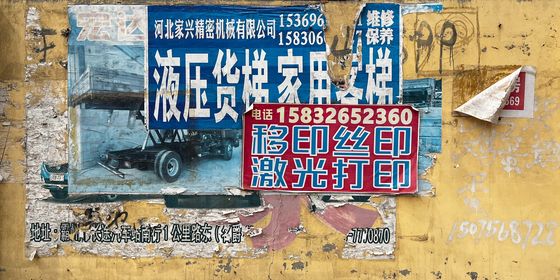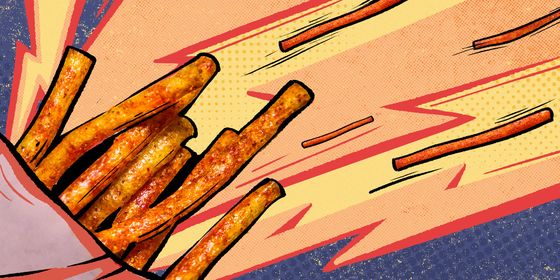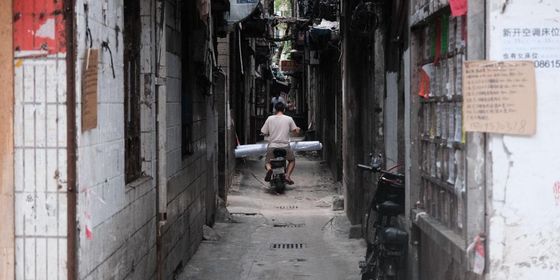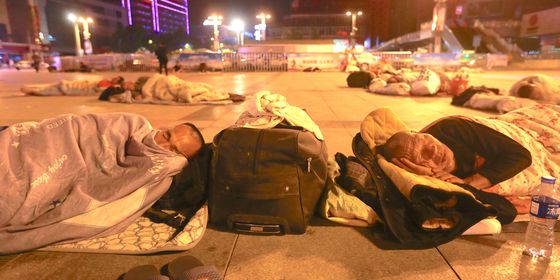Village in capital fines migrants for being migrants as locals voice complaints
Tensions have long been high between“real” Beijingers and the migrant workers who moved to the capital to build its malls and share the wealth, but a recent move by one village government has taken things to a new extreme by fining migrants—not for any offence, but for not being a hukou-holding registered Beijinger.
Officials from Qiuxian Village in Daxing district recently stipulated that, as of August 1, every migrant—defined here as anyone who does not hold a hukou, or household residency permit—will have to stump up 2,000 RMB per month for the privilege of staying. Migrants who do not live but run a business in the area will be hit with a 1,000 RMB monthly charge, as well as a 5,000 RMB annual fee.
On its Weibo account,the Daxing government explained that Qiuxian Village was rolling out this policy because quality of life in the village had deteriorated, and the area had become messy. “Irregularities like water-supply stoppages and power failures, rising public-security hazards, and vehicles parked in the wrong locations, have severely inhibited the villagers’ benefits and triggered the masses’ complaints,” the post read, essentially blaming the deficiencies of local infrastructure on outsiders, adding that the fees would be used for maintenance of local utilities and services.
A disregard–often approaching contempt–for rural workers has long characterized their relations with older, more established residents in coastal cities like Beijing and Shanghai. Locals view the newcomers as using up precious resources, and migrants are often denied basic services, like subsidized health care and education, because they lack the right hukou.
The measure comes as Beijing is currently bulldozing large numbers of small shopfronts—often run by migrants—as part of an attempt to impose order on the often disorganized hutong.
The rapid growth and remodeling of Beijing has contributed to a sense of dislocation for both locals and migrants alike, the focus of a recent viral essay by Chinese blogger Zhang Wumao, who says: “In Beijing, this generation of migrants without inherited property are destined to be trapped within the housing system their whole lives. They struggle for decades to buy a house the size of a birdcage, then struggle a few more decades to swap it out for a slightly bigger second house, and if you make strides, congratulations, you can now consider school district housing.”
Zhang also highlights other difficulties faced by all residents. “What Beijingers increasingly feel is the suffocation of the smog and the high cost of housing. They cannot move, they cannot breathe,” he writes. The article found rapid success, with a large number of reposts before being taken down, although some critics derided it as a by-the-numbers publicity stunt. But a state-media backlash, including angry rebuttals in People’s Daily and Xinhua, forced Zhang to apologize for the essay. Migrants not only cannot move or breathe–they cannot talk about it.
Cover image by Yolanda Sun












